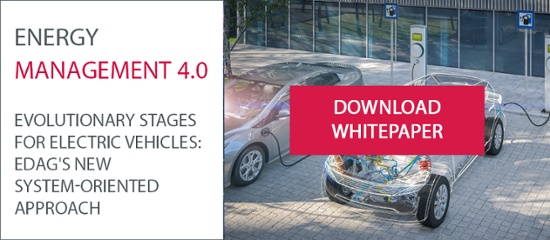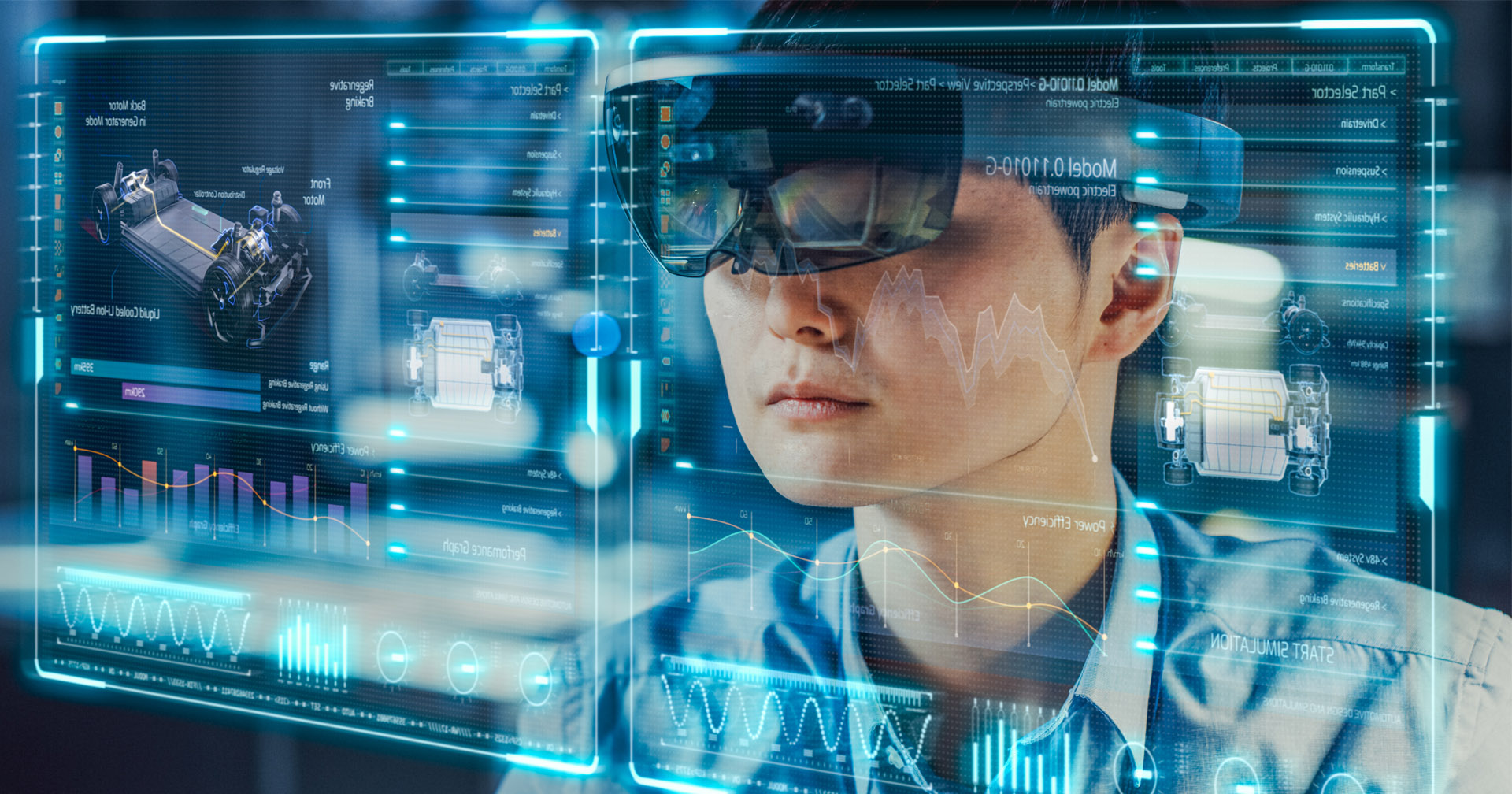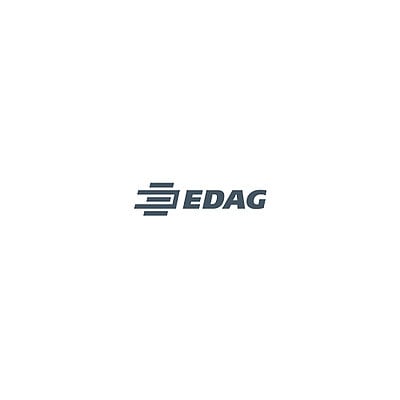What do you think of when you hear the term caravanning? Freedom? Nature? Or deceleration? Have you ever thought of eMobility or alternative drive systems? No? But precisely the change that we are currently experiencing in the passenger car sector from the combustion engine to electric drive is also more than just a trend in the motorhome industry. Over the next few years, manufacturers will be embarking on a new technological era and will have to face many challenges if the electrification of caravans and motorhomes is to succeed. There are many complex factors to consider in development, procurement and production that are essential for the individual process steps. The ideal partner for these product and production developments in the caravanning sector should therefore be experienced in two worlds and be able to combine this knowledge: The know-how of vehicle electrification and a great competence in caravanning development. The EDAG Group is precisely this 360° partner.We know that this journey is unstoppable and that the industry urgently needs to catch up.
Emission-free travel. Is it at all possible?
The consequences of climate change are omnipresent. Nevertheless, CO2 emissions continue to increase every year. Specially when it comes to travelling, the necessary awareness for climate protection is often still missing and a trip to distant countries is at the top of the agenda for many every year at the expense of climate change. Germany is supposed to be climate neutral in 2045. In order to achieve this heroic goal, the promotion of electromobility is being encouraged. By 2030, there must be at least seven to ten million electric vehicles on our roads, which will "fill up" at one million charging points. Electric mobility in caravanning would therefore also be an option for climate-neutral travel.
The idea of an e-vehicle pulling an electrically powered caravan behind it or the e-motorhome is - apart from various studies or prototypes in the motorhome industry - still a vision, the music of the future. It would be so important to quickly give this music the right melody.
Many customers only need low ranges because they only travel a few hundred kilometres with a motorhome - often only from pitch to pitch. The older generation in particular shies away from long stressful driving days. The infrastructure of motorhome sites could also be expanded to meet the increased power requirements of the charging stations.
However, a battery-driven solution would also have positive effects on new concepts in the living area: electrically operated appliances such as induction hobs, heat pumps, air conditioners/heaters and the like could be introduced. The good old gas cooker would be a thing of the past. Vehicles could be self-sufficient on the road for longer without having to rely on an external energy source.
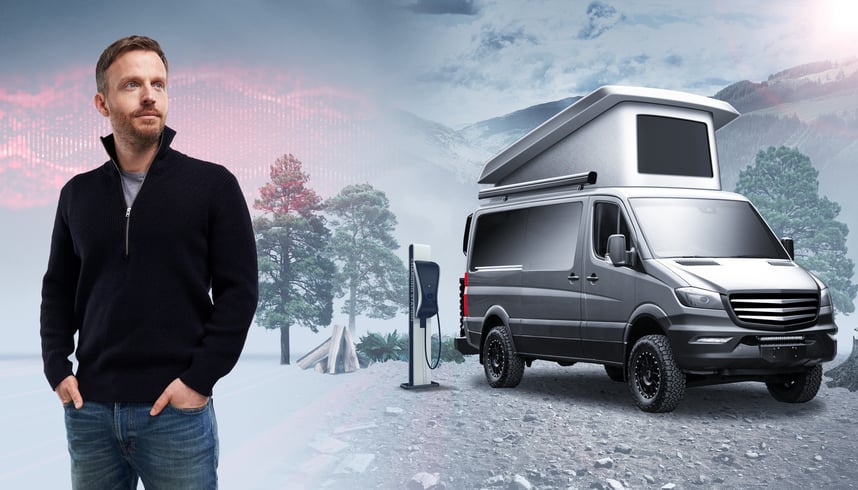
Admittedly, this all sounds like a rosy travel future, but there are a number of complex challenges to overcome. Technologically, many things are comparable to what we find in cars, yet the OEMs do not have a basic vehicle on offer that could meet the requirements of the motorhome industry. Their or the suppliers' chassis are not prepared for the integration of new drives and energy storage systems. In addition, OEMs are busy converting passenger cars and commercial vehicles, such as the Sprinter or Crafter, to electromobility in the volume markets and currently have no resources to deal with the caravanning sector, which has a comparatively low number of units.
Another problem is that motorhomes are already relatively heavy vehicles, not least because of their interior fittings, which means that they require a lot of energy to achieve the necessary power and range. This therefore requires a correspondingly large and heavy energy storage device - the battery - which in turn entails an increase in mass. Today, however, the space in the underbody is used for other purposes, such as tanks.
In terms of weight, we have long since reached the limit of 3.5 tonnes that can be driven with a normal car driver's licence. So we would break all these limits with any battery solution. Without raising the 3.5 tonne limit on the part of the legislator, it will be very difficult to integrate alternative drives into motorhomes. Legislators have an urgent duty to do something soon, and we in the industry are eagerly awaiting developments in German and European policy.
We are helping the development of alternative drives in caravanning out of its infancy.
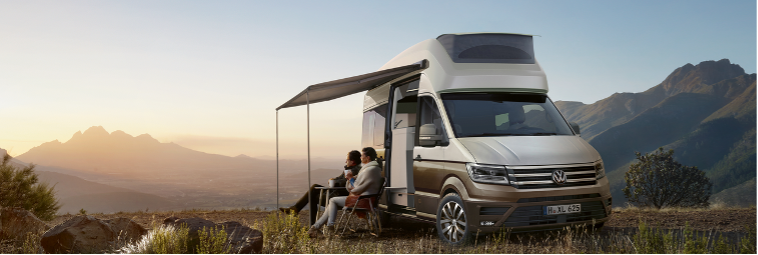
As already mentioned, the development is still in its infancy. In our view, a first approach would be, for example, the transition to hybrid vehicles, i.e. a switch to electric drive with a second energy source in addition to the pure battery. Range extender solutions and fuel cells would be suitable here.
Only time will tell whether purely battery-electric drives will meet the requirements and whether battery technology will improve accordingly. Hydrogen for high-performance fuel cells already has the potential to meet the requirements today, provided the investment costs and infrastructure improve.
Within the framework of various projects, we have already been able to develop concrete approaches and have the know-how with which we can support and accompany motorhome and chassis manufacturers in the area of vehicle design and integration of alternative drives on the path of transformation from the combustion engine to hybrid, electric or hydrogen drive.
The expertise of all the teams for complete vehicle development at EDAG always flows into this. We don't just look at individual components during development, but always have the entire vehicle in mind, no matter what performance from our extensive portfolio is required for the project in question:
- Idea generation, concept development
- Alternative drive systems including EE integration
- Alternative chassis
- New room concepts, application scenarios
- Vehicle architecture
- Alternative body designs, e.g. assembly, technologies, safety, …
- Integration of components and e-technology
- Virtual development
or for the production of a concept vehicle, prototype or small series.
Wolfgang Reul, Head of Package/Concepts and his 30-strong team are convinced that zero-emission drives are also feasible in caravanning and are the future. He would be pleased to present to you in a personal meeting the range of possibilities and also the competences that the EDAG Group has in overall vehicle development and especially also in the field of alternative drive technologies. In this way, you as a motorhome manufacturer can succeed in implementing your own independent solutions and development in order to quickly differentiate yourself from the competition.
Would you like to know more about e-mobility and EDAG's solutions? Then you should definitely read the white paper "Energy Management 4.0 for Electric Vehicles". In it, you can read about the approach EDAG is pursuing and the role that adaptive algorithms, cloud connection, pattern recognition and the digital twin of the battery cells will play in the energy and load management of the future.
